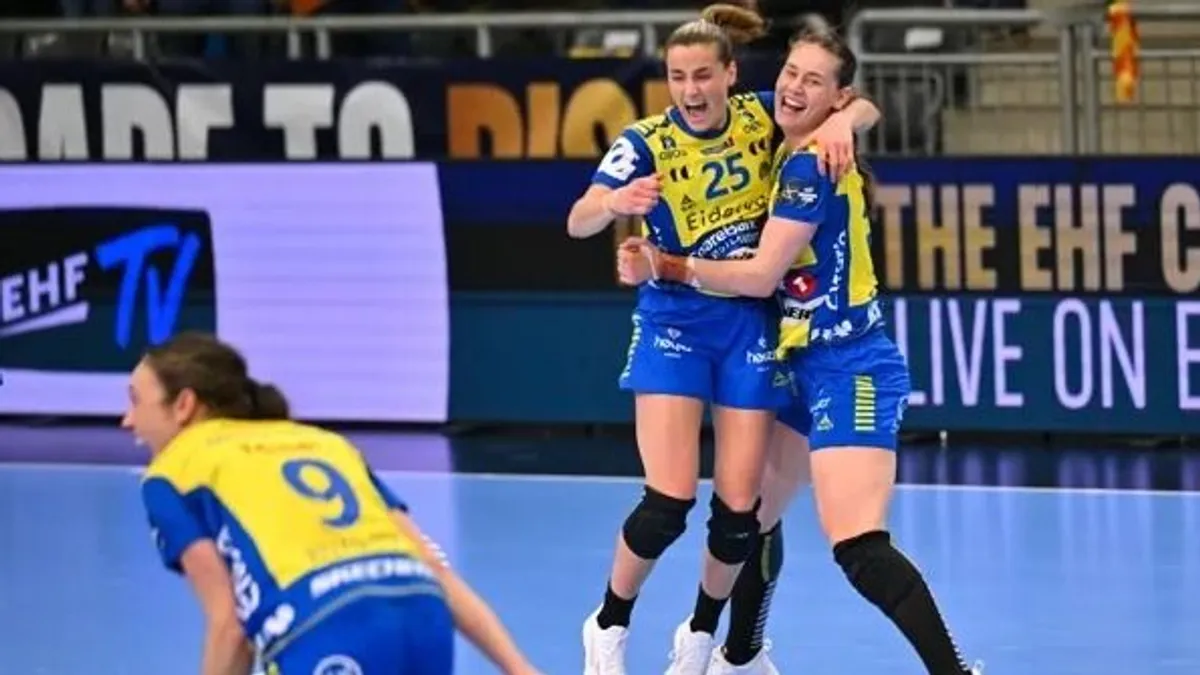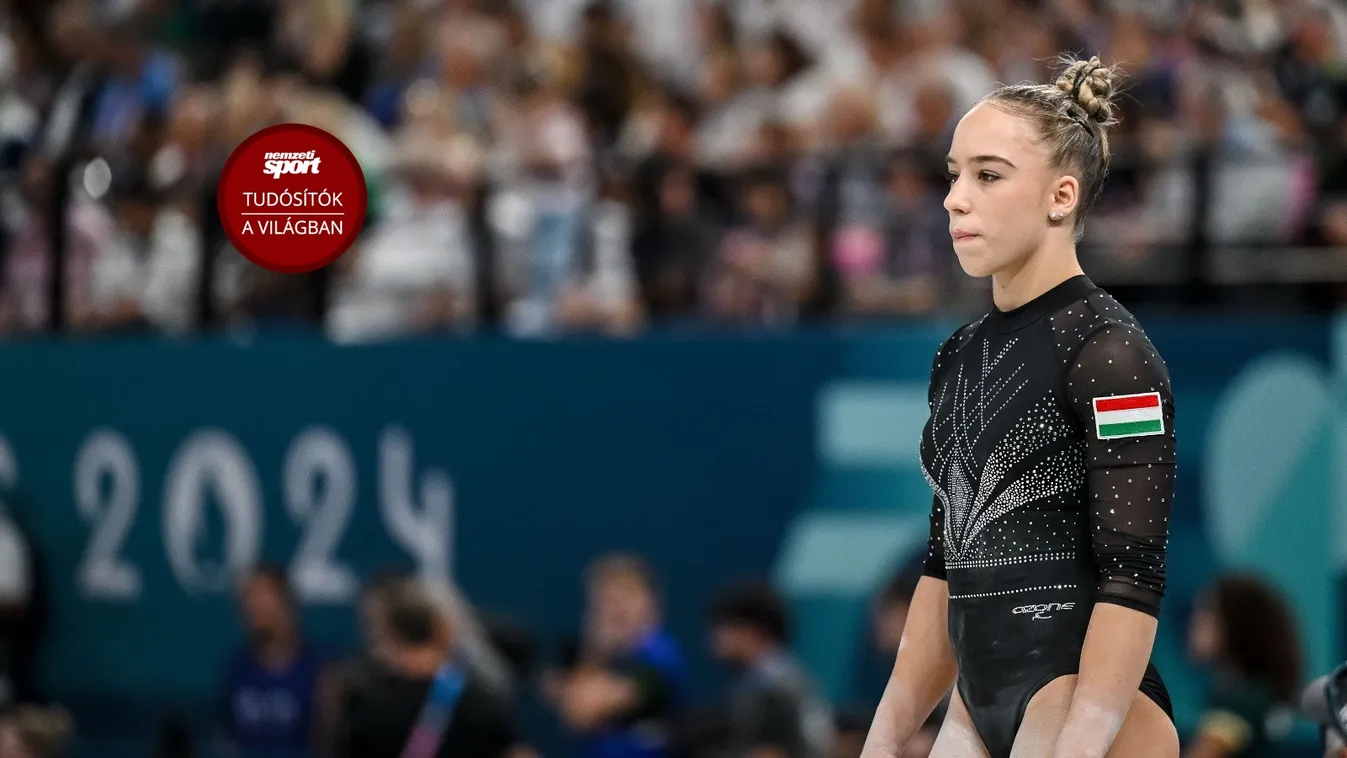Multi-sport European Championships, Gymnastics: Zsófia Kovács was not in 100% condition, and yet she won the European Championships
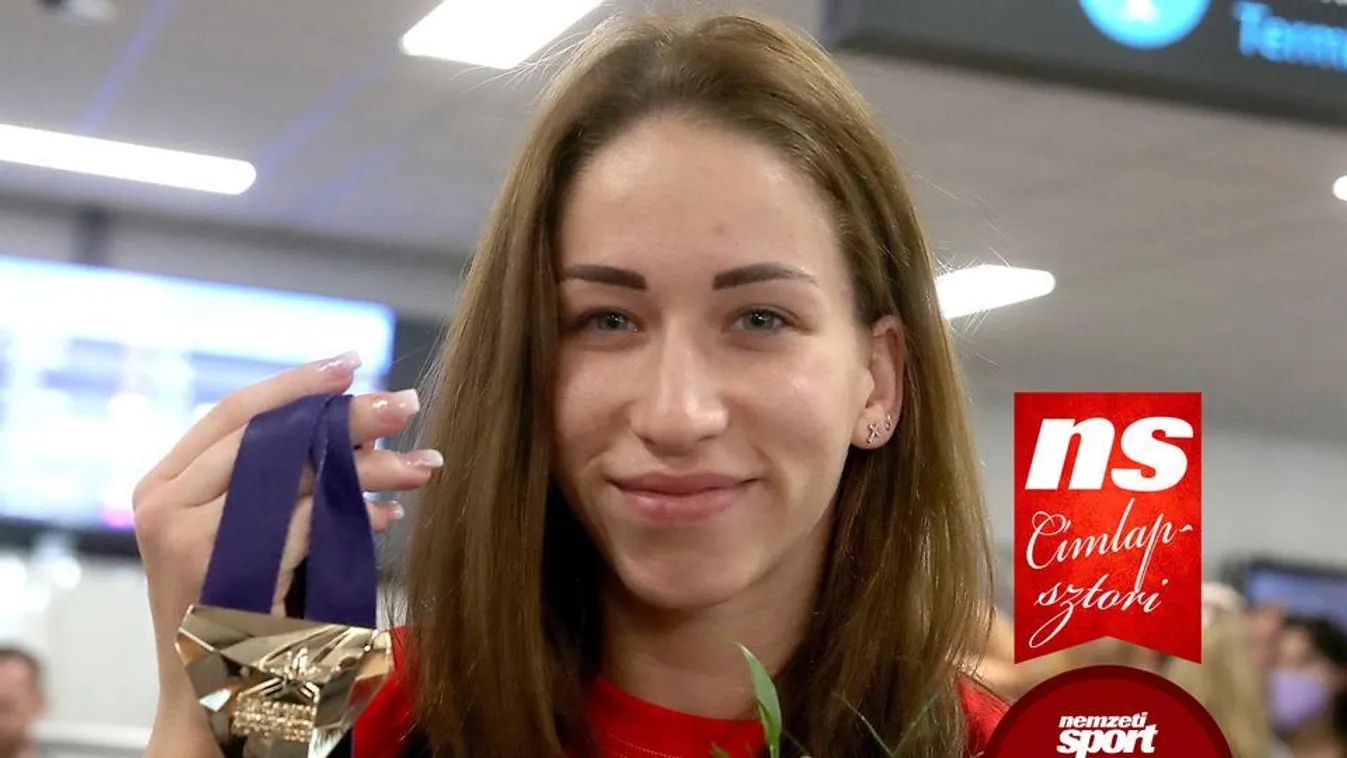
– Overall, what was your European Championships experience like?
– I think the team competition went really well, I felt for the first time in the final that the team was really united, we were cheering each other on, we were a real team, it was good to experience that. In addition, I saw that everyone was competing in a relaxed manner – Zsófia Kovács told Nemzeti Sport after returning home from Germany. – From an individual point of view, I was missing something because the combined competition day did not go well and I missed the final on beam, although I could have had a good chance of a good result in both events. However, I was very happy that I was able to reach the final on floor, it was my first world competition where I managed to do that. Then, at the end of the vault, it really lifted my spirits that everyone came out to cheer me on in the hall, and to hear the Hungarian national anthem while standing on the top of the podium was a fantastic feeling.
– Two years ago, you reached the top of Europe in vault and uneven bars. Do you feel any difference between the successes of 2020 and now?
– There were no spectators then, but this time, there were 12,000 fans in the hall, it was a great atmosphere with such a crowd, and it was a completely different feeling to win like that than when it was just us, gymnasts.
– Last year, however, you didn't do very well at the continental tournament. What has changed in a year?
– The road to the European Championships. The preparation was more difficult then, but now we had a smoother path to the continental tournament. And of course, if a competitor is well prepared, she will perform better in the competition, although there is always a chance of making mistakes.
– But it was not easy in this year's vault final...
– It was really unfortunate, I felt very sorry for my opponents. Both accidents happened before I had presented my routine - one of them occurred right in front of me, and the treatment was very long. As soon as I saw that Valentina had fallen and was in trouble, I turned away and concentrated only on myself. After the break, the judges said we could warm up again, they let us back on the platform, so we didn't have to do our routine in a completely cooled down state, we could warm up again bit.
– Have you ever been in such a difficult competitive situation?
– This was the toughest one yet, I've never experienced anything like it before.
– You didn't do too well on the uneven bars as you practically fell on your stomach in the team event final.
– I messed up the landing in the qualification because I suddenly put in an extra turn for no reason and I wasn't fully prepared for the end of the routine, so I didn't even make it to the individual final on this apparatus. Afterwards, I really wanted to do well in the team competition: there was not much at stake, I wanted to prove myself and show the judges that I could do it. I started the routine well, but then I got a bad grip and my palm guard got stuck. I started the element, but I could feel in the air that it was wrong, that I had no chance to grab the bar. The fall didn't hurt, my coach János Trenka helped me to cushion the impact. I stayed on my stomach a little longer to get myself together, to give myself a chance to take a breather, to say OK, I'll go on from here, because I only have 30 seconds to go back and continue the routine.
– At the European Championship venue, you hinted that you were not feeling your best mentally. Was that just a reference to your performance on beam?
– No, I meant for the whole competition. Any elite athlete needs to have the conditions not only in the gym but also outside the gym to help them do their job, and I felt I wasn't mentally ready. And a few days before arriving at the venue, I had a minor unfortunate injury, I fell badly after a run and hit my pelvis, which also hindered my performance in Rome. I want to go to the World Championships with my mental and physical health in order.
– How are you working on getting to cope with pressure better?
– I don't have a specific method, but I have attended a sports psychologist in the past. I think elite athletes need someone to help them mentally along the way. I think it's as important as a masseur or physiotherapist.
– At the Olympics, Simone Biles talked about losing her orientation in the air during her routine.
– Thank God, it's not like that for me. It's even worse when it happens while you're doing the element. Luckily, it's never happened to me. I think mental well-being is very important in any sport, but gymnastics is quite dangerous, we do some serious somersaults, and one wrong move and it can cause a bigger problem.
– What goes through the mind of a gymnast during her routine?
– It's hard to put into words... If we're talking about the vault, it's a few seconds. The gymnast is paying attention to what her coach always says, which is a common mistake. In the other apparatus, we go step by step, concentrating on what is more problematic for each element. You can't do gymnastics with just experience: if the jump is five centimeters off and the athlete lands like that, it can be a big problem. Of course, it's not certain, but it can happen. So I can really say that the focus is always on the next element.
– What makes your jump so outstandingly strong?
– I've been jumping my first routine, the Double Twisting Yurchenko, for a long time in competitions, so it has become very stable now. I still need to refine the landing – if it could be stronger, it would be better. But the second one was a completely new routine, somersault through the hand with half a turn, which is worth more than my older routine. Plus, there's a step up from this, I'd like to show a twist and a half at the World Championships, which is worth several tenths more than this.
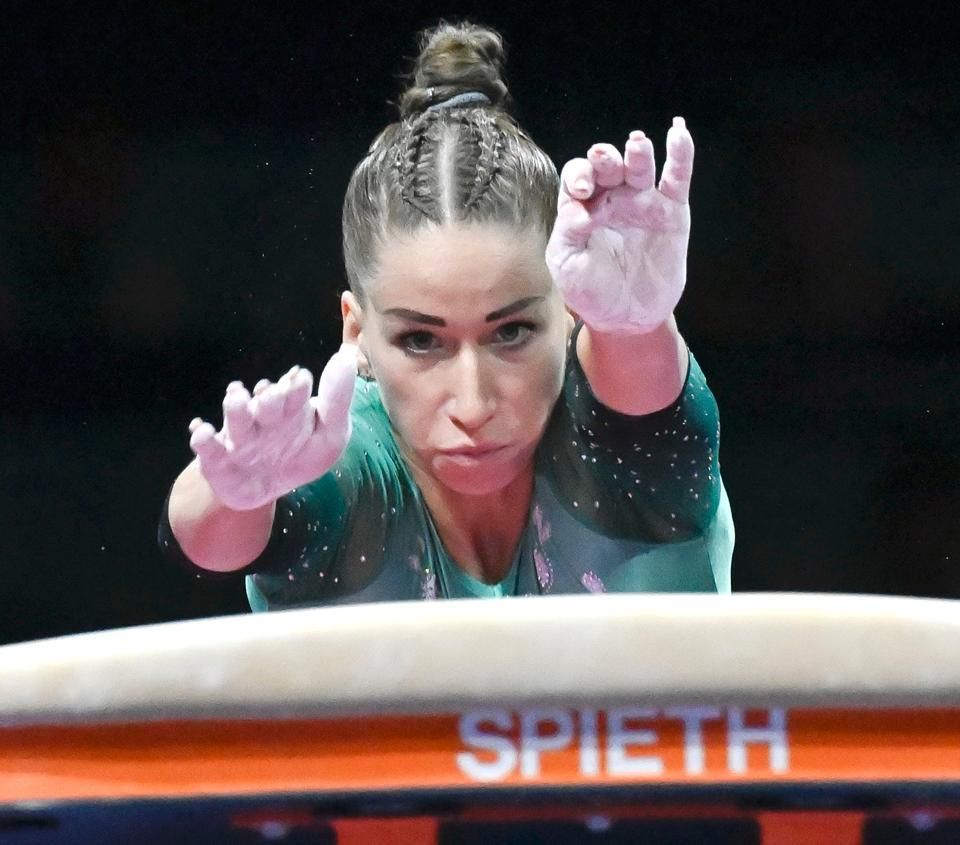
– The World Championships is in Liverpool in two months. In this respect, what does another European title mean to you?
– It gives me a huge boost and the judges need to see that I've been in the finals of two apparatuses, and I've won one of them - that means a lot to the judges ahead of the World Championships. I'll have a break this week and then I can prepare for the biggest tournament of the year.
– What result would you be satisfied with in October?
– I haven't thought about it yet as we are just finishing the European Championships. I'd like to take a break from what's going on in the gym because I haven't been on a vacation for at least four years, and I need a break now. I think it's part of the preparation to be able to start the World Championships rested.
– In the longer term, looking at the bigger picture, what is most important for your career now?
– Definitely the Paris Olympics. I've been to two Olympics as an individual athlete with my coach, and it would be great to experience that with a team of people who are by my side in the gym and the off-season. It would be completely different, that's the biggest goal right now. We now wanted to finish in the top thirteen, and with this result, we can go to the World Championships, where we want to finish in the top twenty-four. We have to continue this form next year when we will be aiming for the top twelve. If everyone works hard and with determination, we can do it. I'm working for the team as well as for myself, and I hope we'll be very focused. It's been a long time since we had a Hungarian team at the Olympic Games, and I'm sure it would be a different experience to have just one athlete representing Hungary.
– So the mood in the national team is good.
– It was at this European Championship that I felt, for the first time, that we could really work together as a team. Everybody was cheering, we were there for each other when they called our teammates and supported them that yes, they can do the routine. You get the power - even though you're alone on the apparatus, there's a whole team down there standing next to you.
– With so much experience behind you, can you support the rest of the team?
– In Munich, I had three teammates from Dunaújváros and two from Budapest – my club mates are quite young, some of them are first-year and some are second-year seniors. Everybody has their own rhythm of competition and training, but if someone is in a bit of a difficult situation, I try to help her. Especially when they get into situations that I've already been in, but they don't have the experience yet. If I tell them how I experienced the situation and how I was able to block things out, it might be easier for them to process.
– What is your favorite memory so far in your sporting career?
– There are so many... But these world championships are always among the best, and when you can stand on the top of the podium and have the anthem played for you, those are the really big moments.
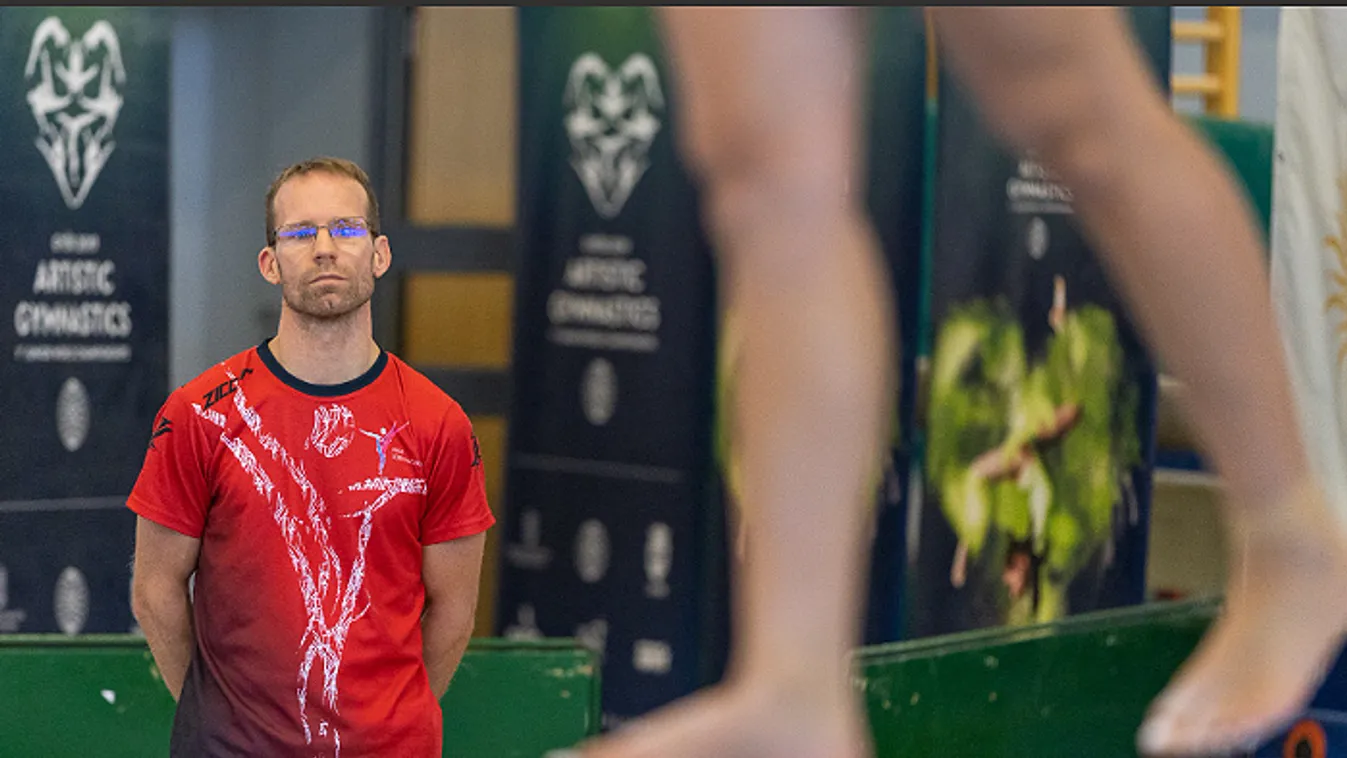
Jól halad Kovács Zsófia és Czifra Bettina Lili rehabilitációja
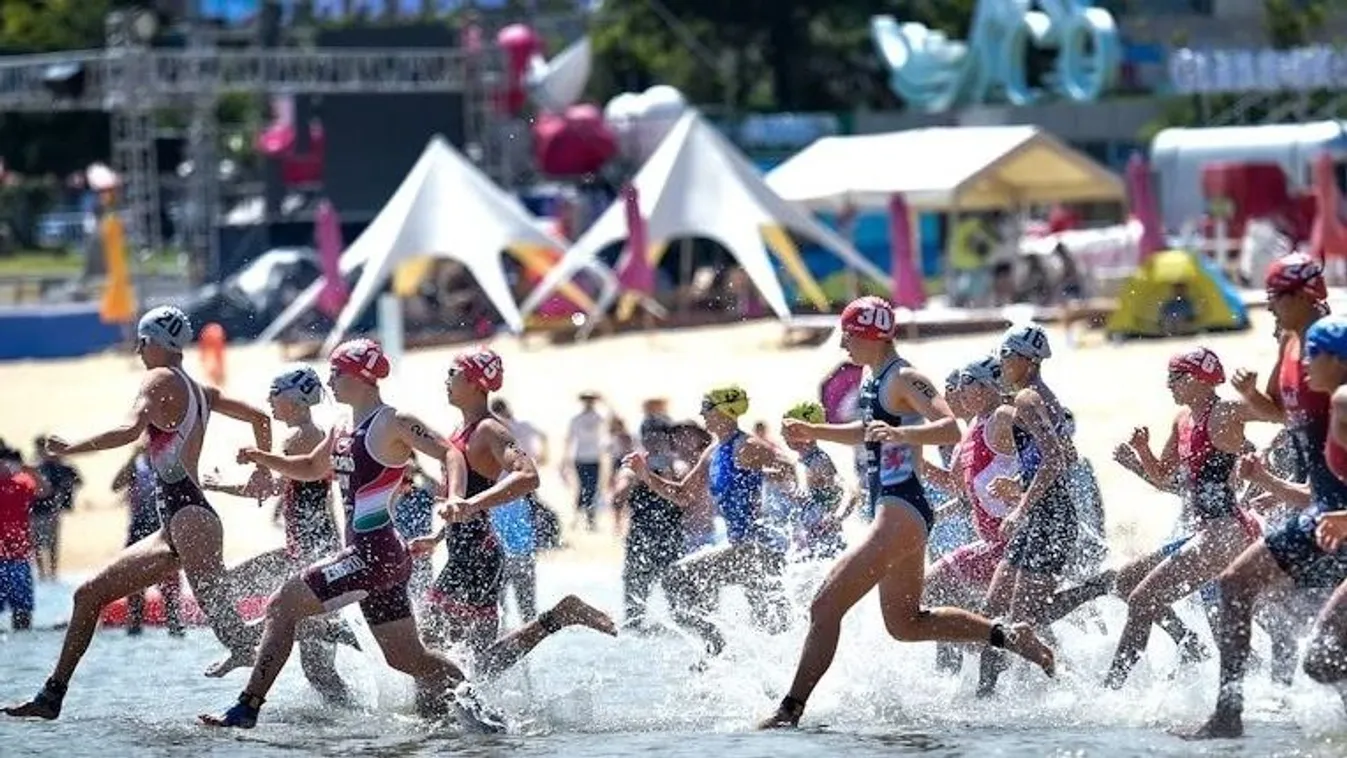
Triatlon-vb-sorozat: Kovács Zsófia 23. Vejhajban
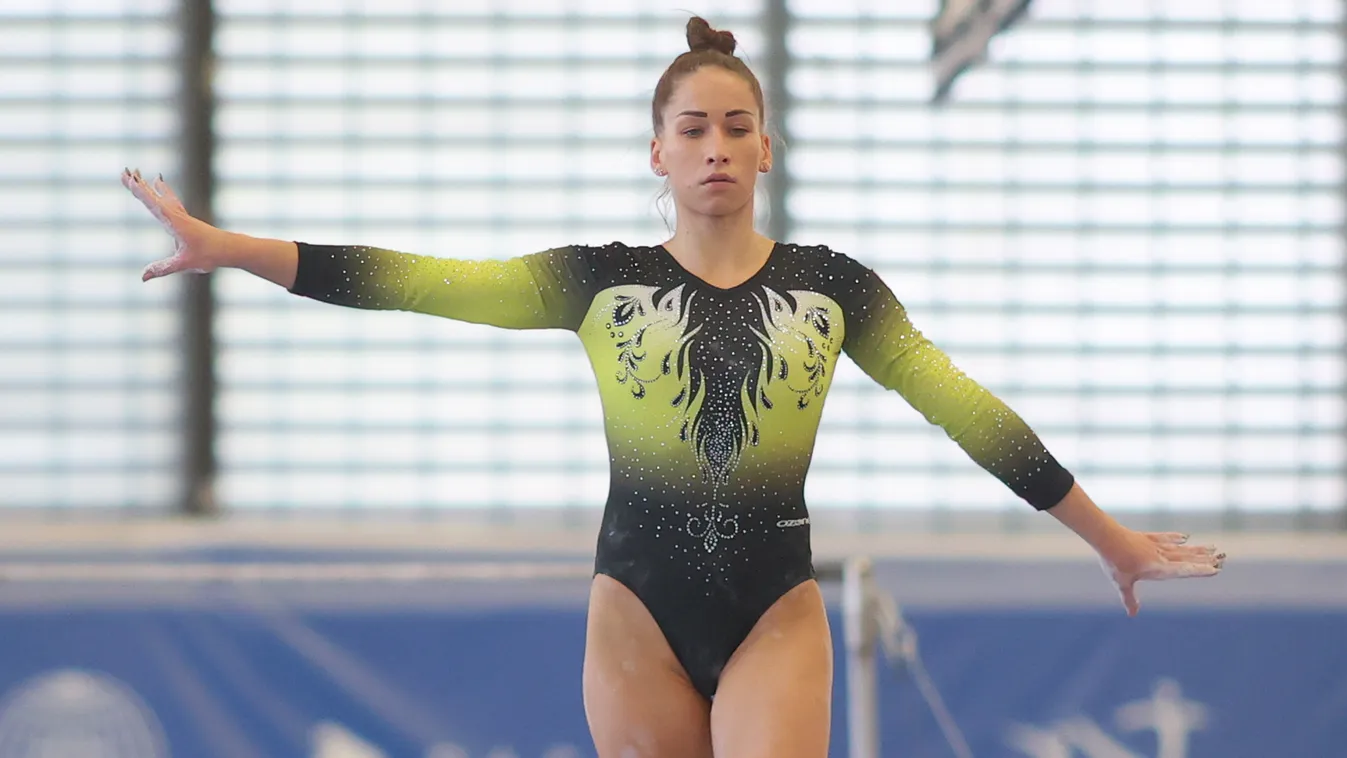
Térdműtétje után edzésbe állt Kovács Zsófia
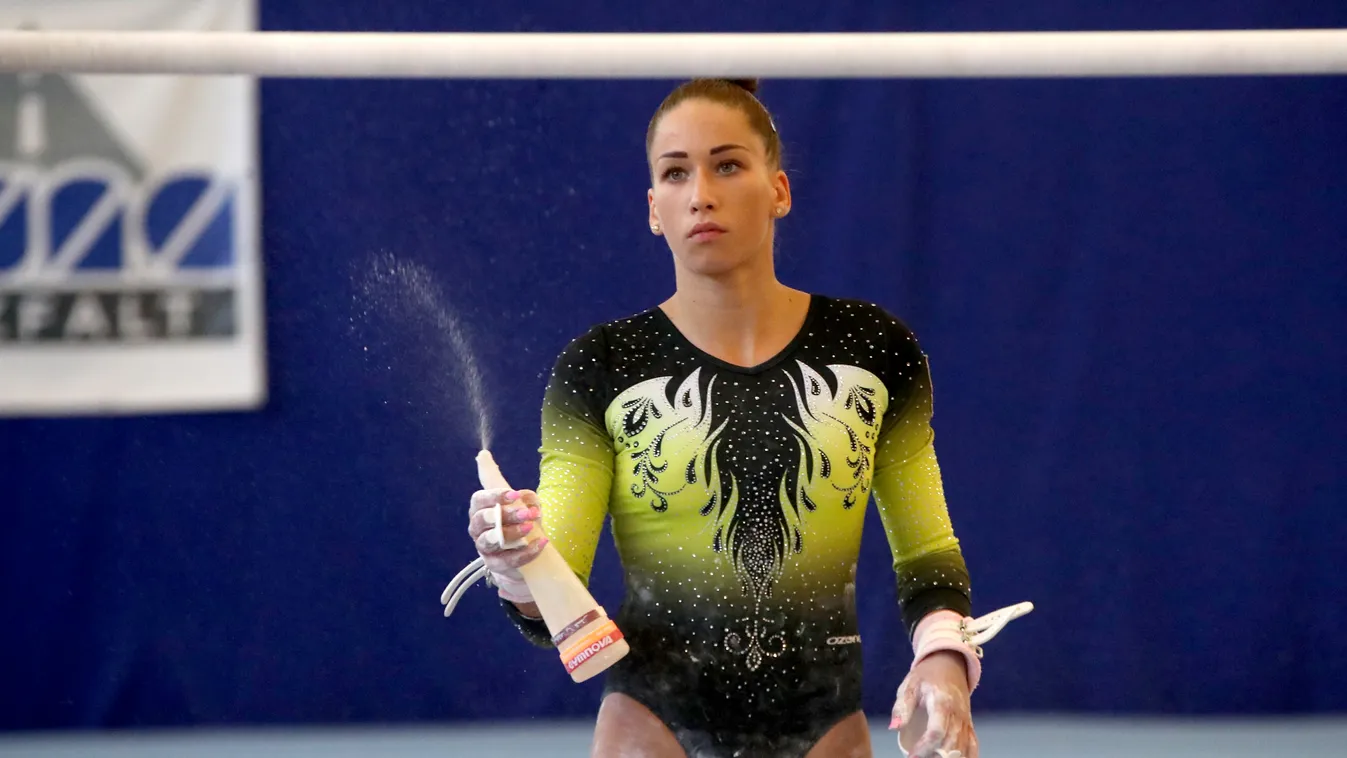
Kovács Zsófia: Elég erőt érzek magamban a folytatáshoz
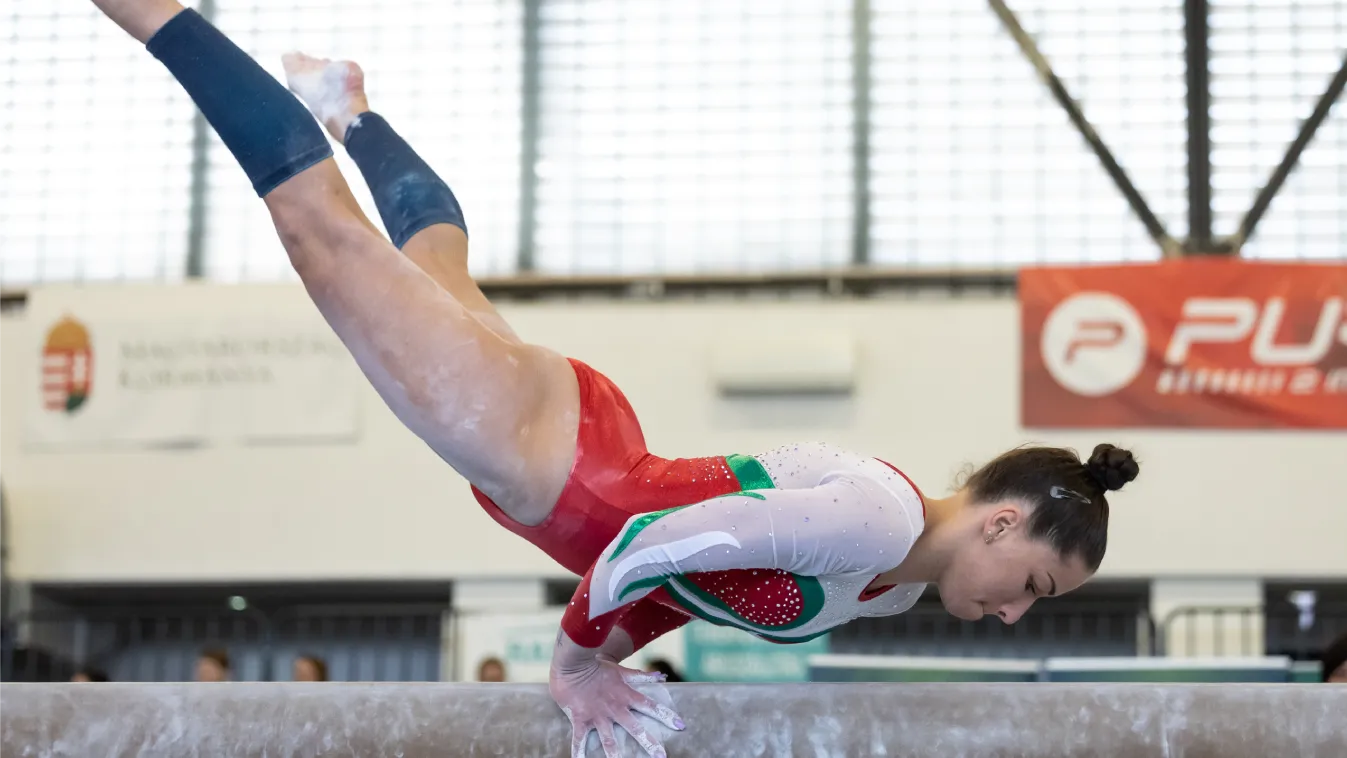
Kovács Zsófia a műtét után: „Senki és semmi nem állíthat meg”
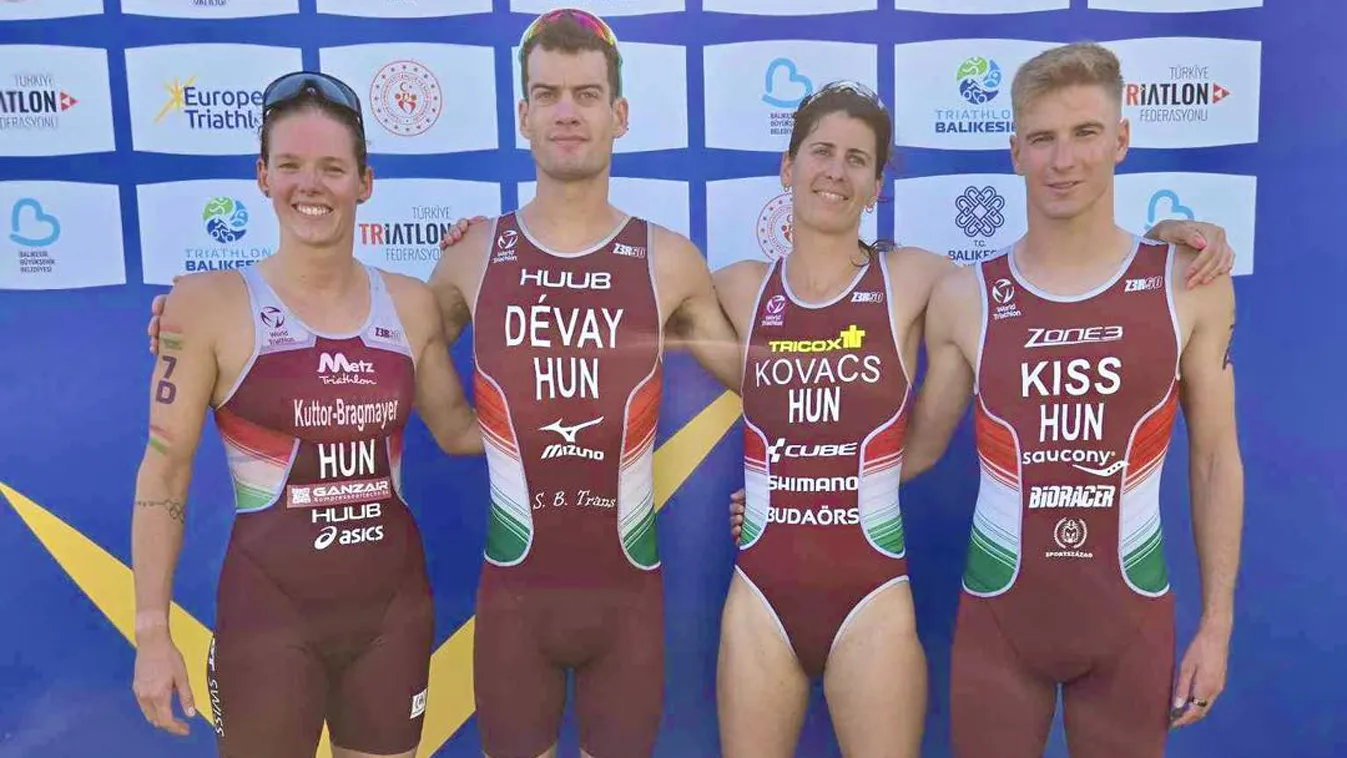
Ötödik a magyar vegyes váltó a triatlon Eb-n
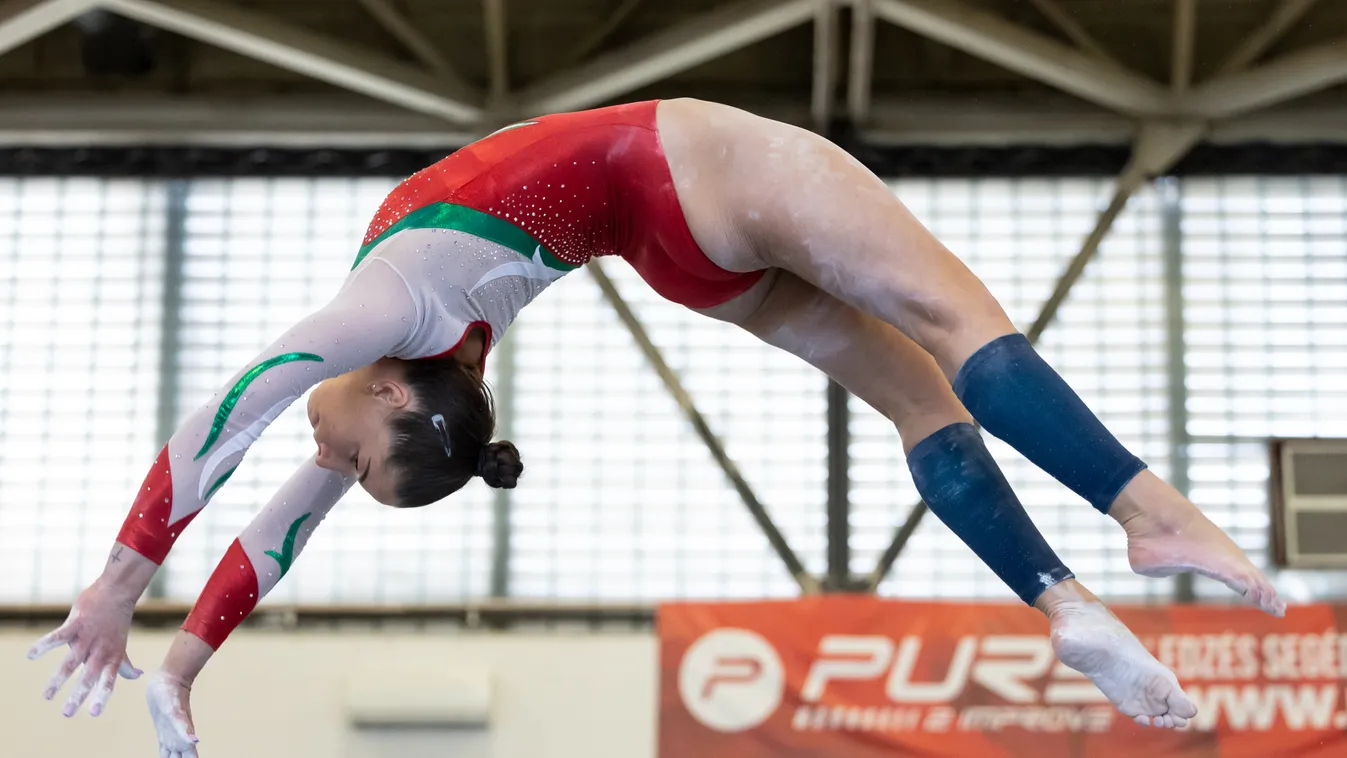
Kovács Zsófinak részleges szakadása van, nem kell műteni
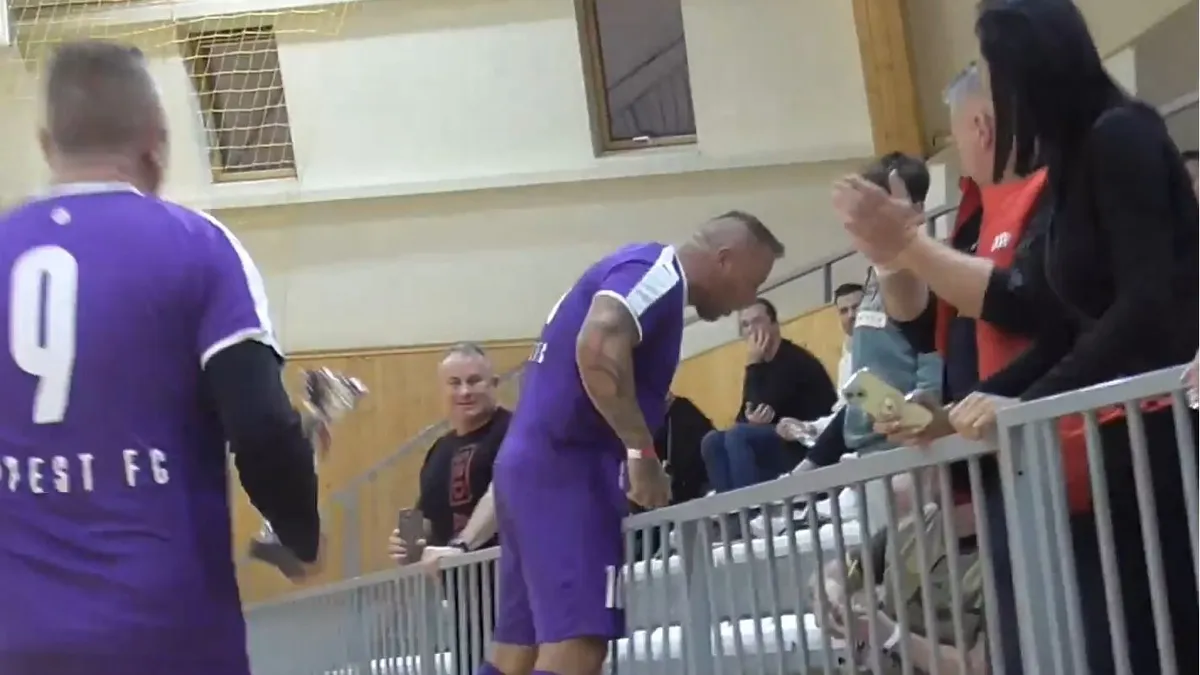
Curtis pofonvágta az őt gyalázó szurkolót a lelátón
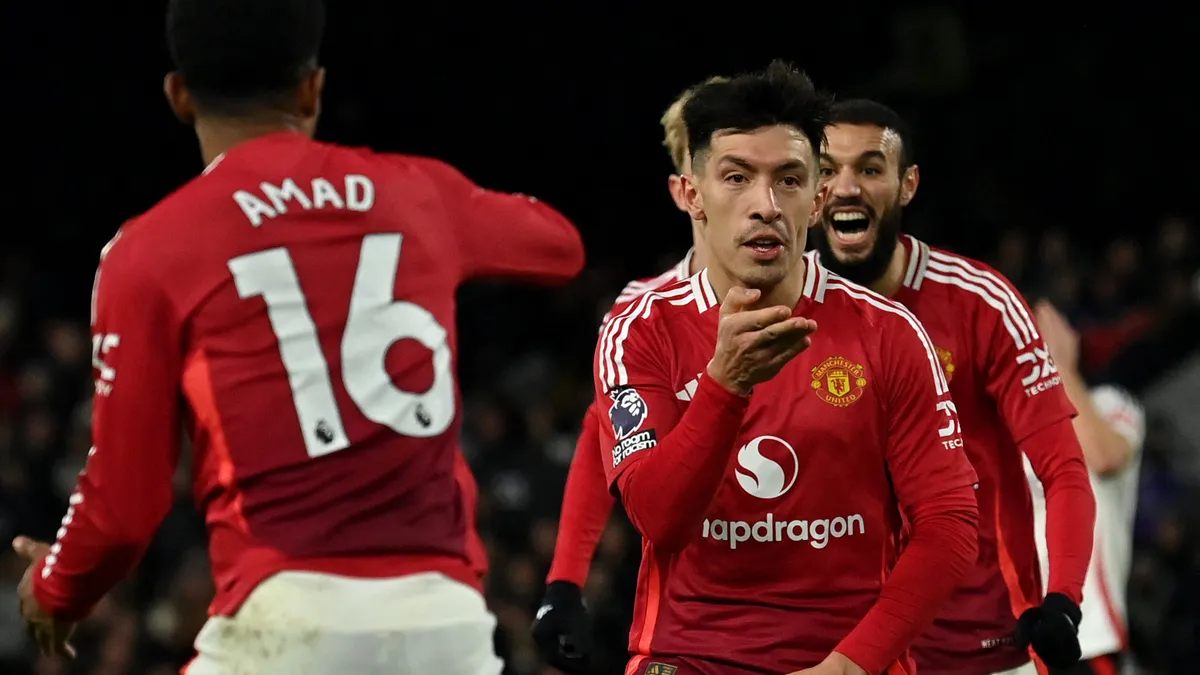
Az MU egyszer találta el a kaput, de egy szerencsés góllal így is nyert
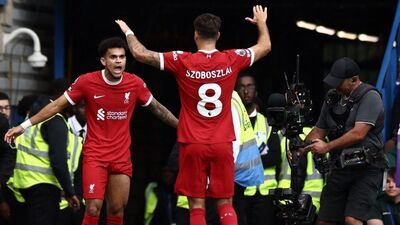
Ez nem hiányzott: Szoboszlai Dominik még egy világsztár miatt aggódhat!
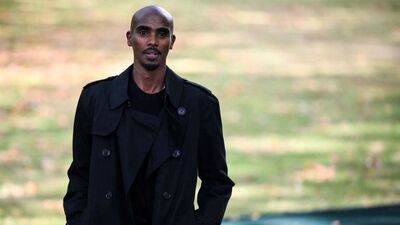
Milliárdokért árulja luxusotthonát az olimpiai bajnok

Villámgyors finomság – az 5 legjobb tejbegrízrecept
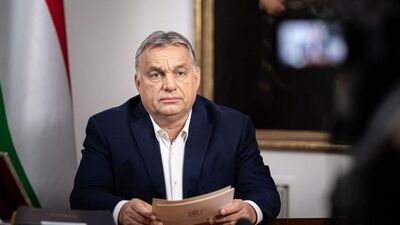
Orbán Viktor elutazik, ezen a helyen magyar kormányfő még nem járt
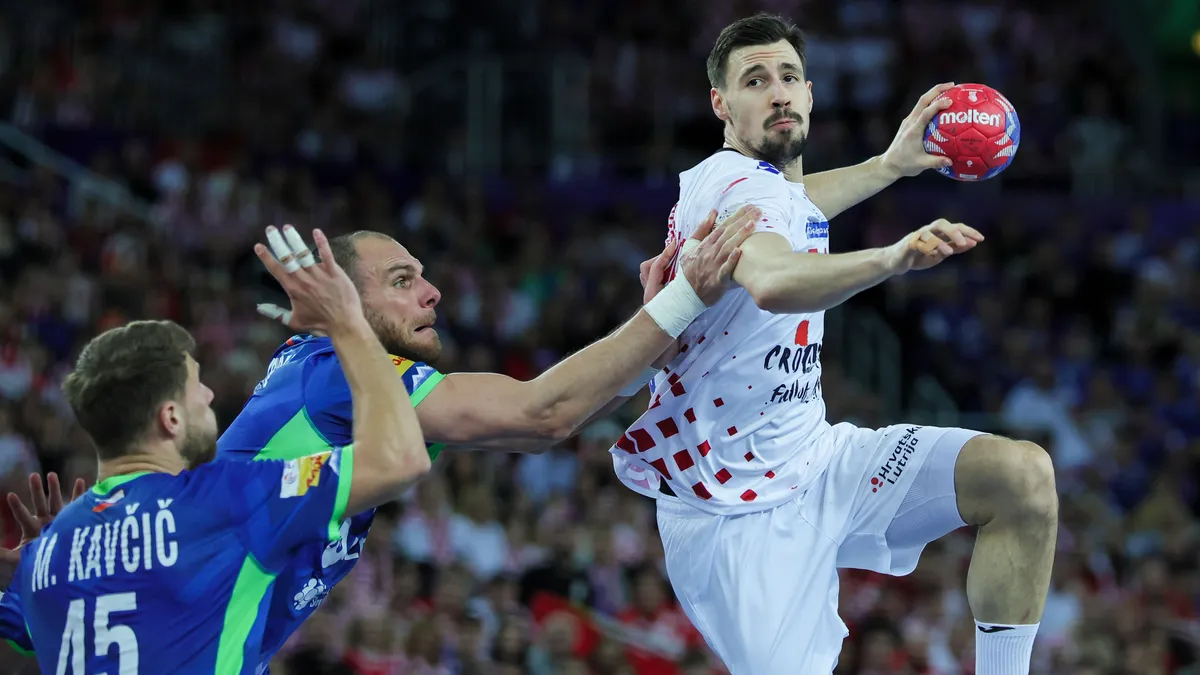
A szlovénokat legyőző Horvátország lesz a mieink negyeddöntős ellenfele kedden 18 órakor a kézi-vb-n
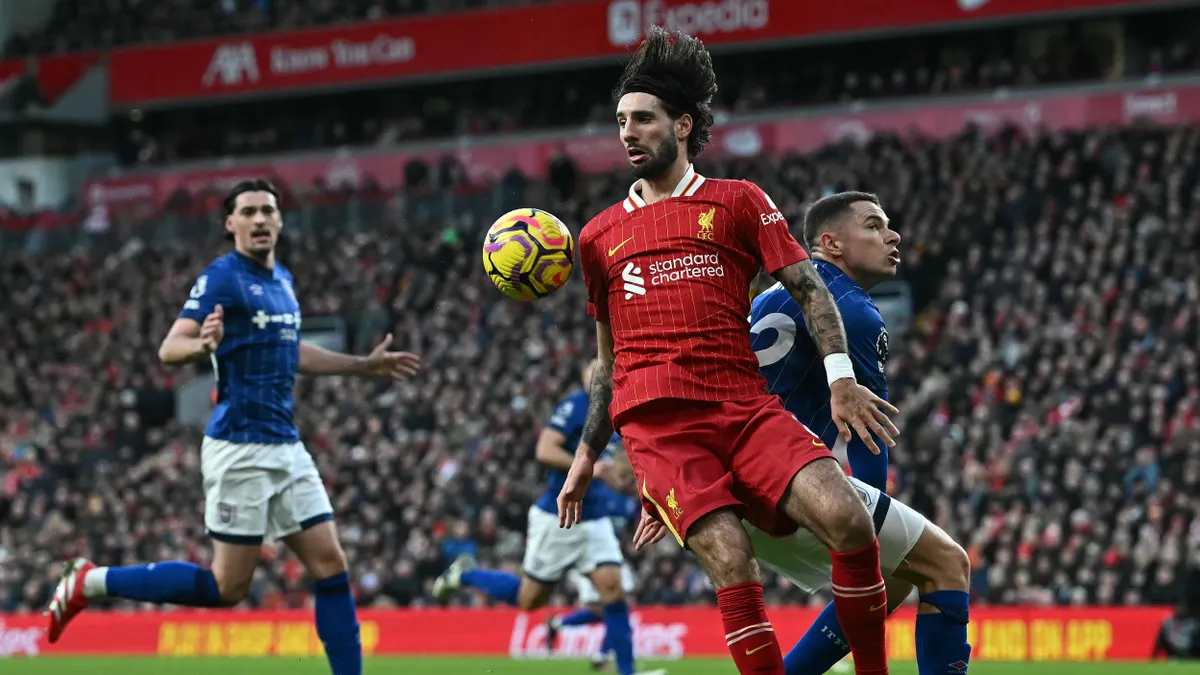
Szoboszlai szenzációs passzán ámul a világ - videó
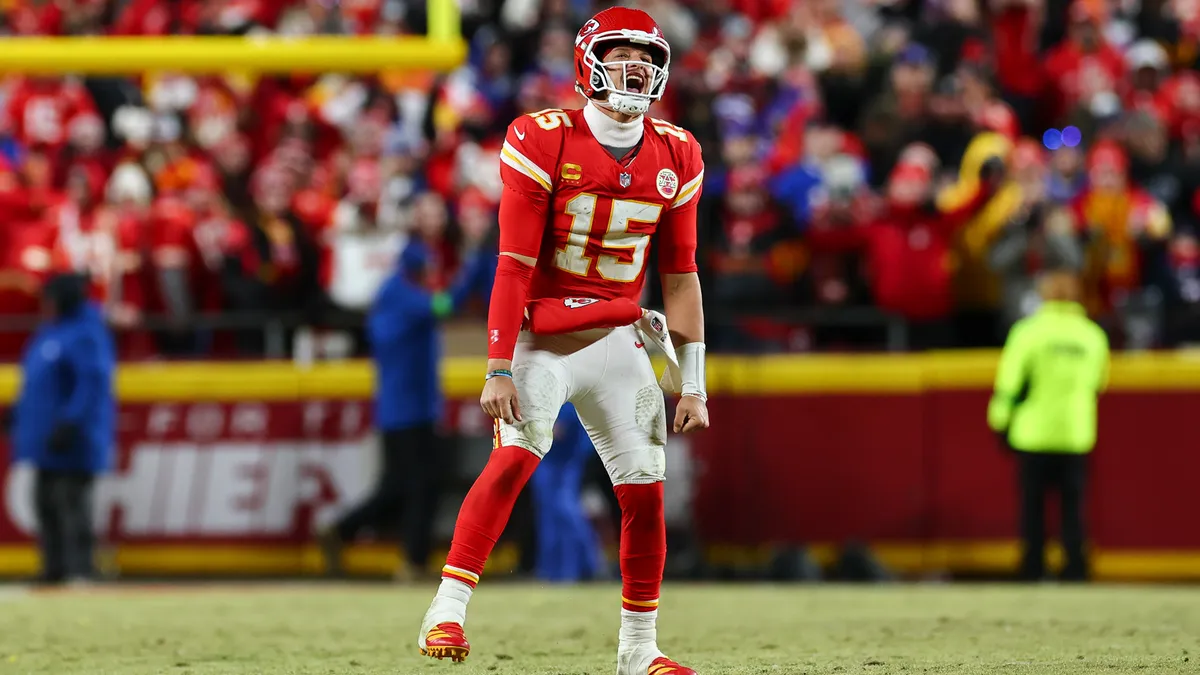
A Chiefs újabb drámai meccsen nyert a Bills ellen – triplázás kapujában a Kansas City!
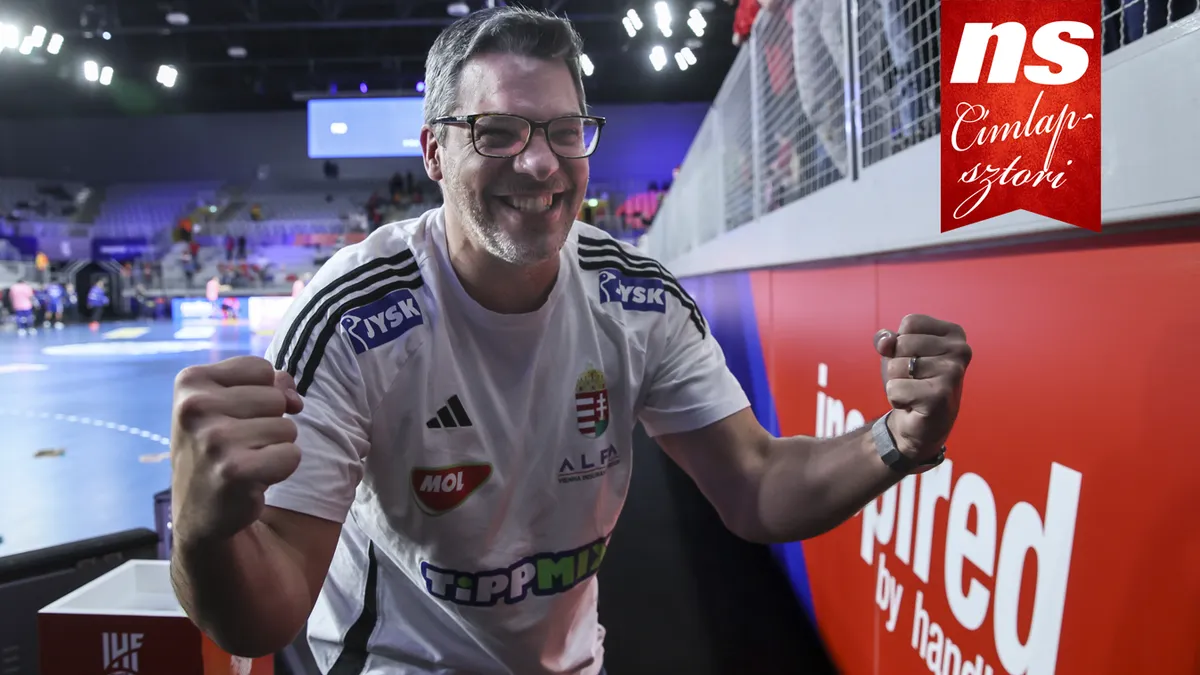
Chema Rodríguez: Óriási dolog, hogy sorozatban harmadszor ott vagyunk a nyolc között

Hétfői sportműsor: olasz, spanyol és angol futball, magyar futsal
